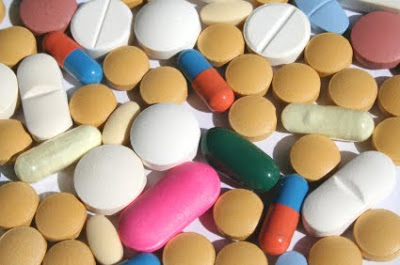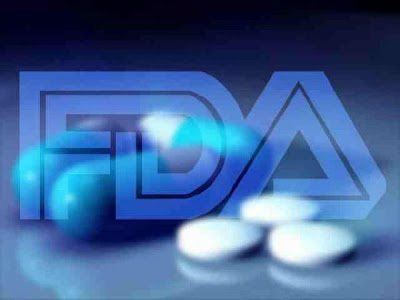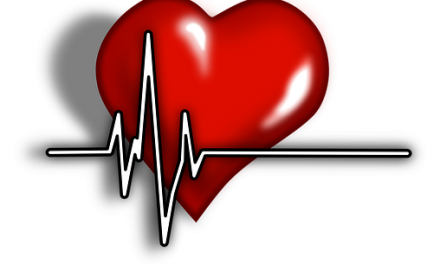As discussed on the New England Journal of Medicine’s website this week, the risks of using unregulated and potentially contaminated dietary supplements has reached alarming proportions. Many of these supplements are marketed as weight loss aids.
Taking these supplements could represent a serious risk to your health.
Since the American FDA’s most recent evaluation of the market, there are now over 140 contaminated products identified, most of them labelled as dietary supplements – though it is thought that these represent only a fraction of the contaminated supplements that are actually available (both on shelves and on the internet). This is particularly alarming, given the sheer numbers of people who consume a supplement in one form or another – over half of the American adult population (and similarly in Canada)!
So what kind of ‘contamination’ are we talking about here? Examples of contaminants include:
1. Prescription drugs. For example, the weight loss drug, sibutramine, has been found in several dietary supplements, at levels as high as triple the recommended dose.
2. Hidden prescription drugs: Some supplement manufacturers have taken to altering drugs just slightly before putting them in their magic pill, so that these chemicals are difficult to detect, should that product ever undergo testing (which they most often do not – see below). Because these so-called drug ‘analogs’ have not been tested in humans, their side effects are unknown. More to the point – it is unknown to both you and your doctor that you are taking these drugs at all, as they are not listed on the supplement’s label.
3. Drugs that have been rejected by the FDA because of safety concerns.
4. Bacteria.
5. Heavy metals.
The list goes on…..
How does this happen? Well, unfortunately, dietary supplements are simply not subject to the same rigorous controls and approval processes that prescription drugs must undergo. This leniency has resulted in a marketplace where manufacturers can introduce products containing just about anything with relative ease, and with claims that are often unsubstantiated.
Many of these products are heavy on the promotion of the fact that they are ‘natural’. However, don’t forget that tobacco – one of man’s biggest killers – is a natural product, too. Digoxin, a powerful antiarrhythmic agent that is very useful to treat heart rhythm problems such as atrial fibrillation, is a purified extract from the foxglove plant – very useful in the right patient and the right dose – but in excess, it can be fatal.
So – is there a happy ending to this story? Well, even if Health Canada tightens up regulation of these supplements, they can still be acquired with ease online from the US and from overseas.
As such, the regulation of these products, for the time being, lies with you. Until dietary supplements are regulated and tested in the same rigorous fashion as prescription medications, they cannot be recommended.
Dr. Sue © 2009 https://www.drsue.ca/ drsuetalks@gmail.com












